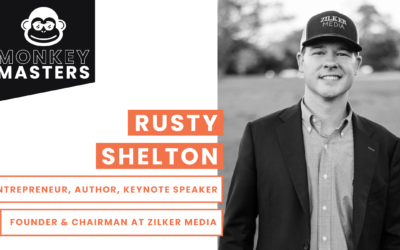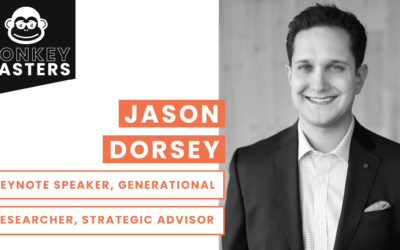How will leadership change as it relates to the “Freelance-Force”?
(Originally posted on Linkedin on February 3, 2015)

When you hear the term “freelancer” do you think only of a journalist, a photographer or your neighbor’s unemployed (but “highly gifted”) son?
If someone tells you they are working “at will” on a particular job, do you think of an intern trying to get “real world experience”?
If you answered yes to either (or both) of these questions, you might want to rethink your leadership strategy as it relates to the rapidly emerging sharing economy.
Over the past few years, companies like Uber, Airbnb and Lending Club have come to prominence (and staggering valuations) because they provide unique services that are both highly efficient and easy to use.
While this is exciting for consumers and entrepreneurs, the rise of the sharing economy is bringing a significant change to just about every aspect of work as we know it.
The media coverage on this topic has been significant, including discussions on government policy, living in the “1099 economy,” and how this new model provides both freedom and uncertainty for the employee.
But what does the rise of the sharing economy mean for leaders and executives? If you are a manager in a “traditional” company, what threats does the sharing economy pose to you as you think about recruiting, motivating and retaining great employees?
For a start, I would recommend that all senior executives read The Future of Work: There’s an app for that from the Economist, which goes deep on how the sharing economy will reshape work and the workforce.
“This boom marks a striking new stage in a deeper transformation. Using the now ubiquitous platform of the smartphone to deliver labour and services in a variety of new ways will challenge many of the fundamental assumptions of 20th-century capitalism, from the nature of the firm to the structure of careers.”
The real key for me here is the changing view of work, the workplace and frankly of having a “job.” Today’s educated workers can happily serve as a freelancer, part-timer or “opt-in/opt-out” for a multitude of “employers,” and this relationship can be complex for all involved.
I bet that most leaders are not spending enough time thinking about this shift and what it means for employee retention and development. Just like it is important to understand how various age groups think of technology (see my post here and here), it is critical for senior executives to really understand the changing mindset of employees.
It is time for leaders to stop thinking just about “the workforce” and begin thinking about what I call the “freelance-force” – a new generation of workers who think about the employee-employer relationship in an entirely new way.
With the rise of the sharing economy, there comes the rise of the freelance-force – and this shift requires an entirely new way of leading. As a leader, are you ready for this shift? What steps are you taking to lead in the Freelance-Force business environment?


